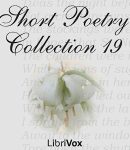
Short Poetry Collection 019
LibriVox’s Short Poetry Collection 019: a collection of 20 public-domain poems. [chương_files]
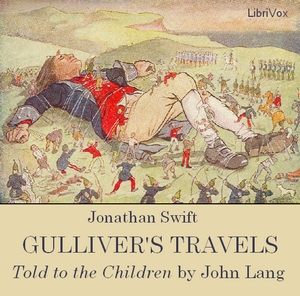
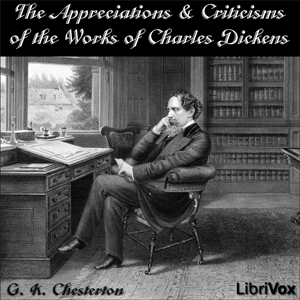
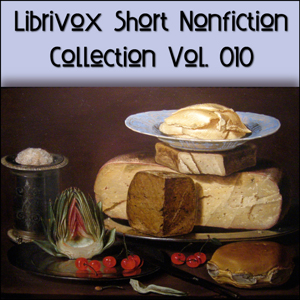
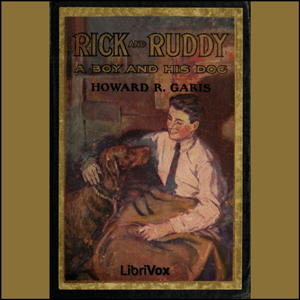
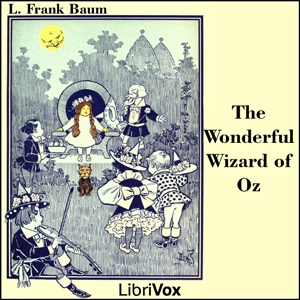
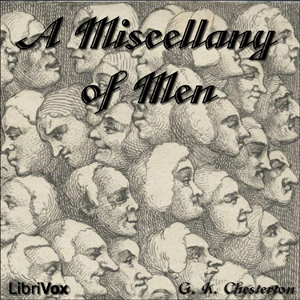
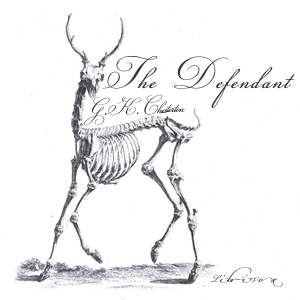
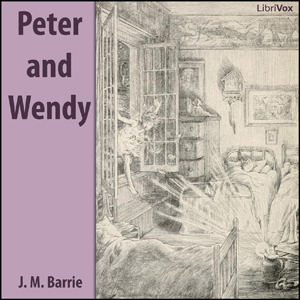
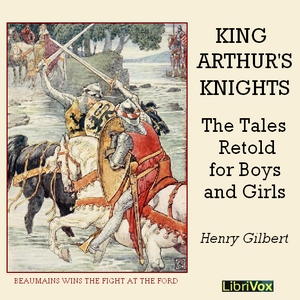
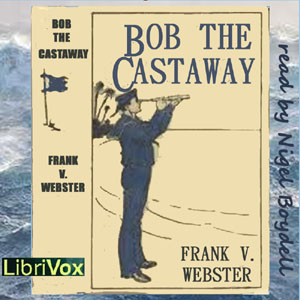
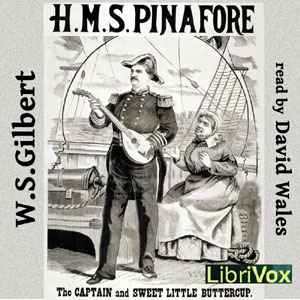
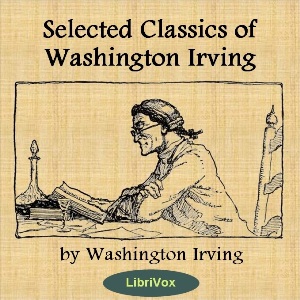
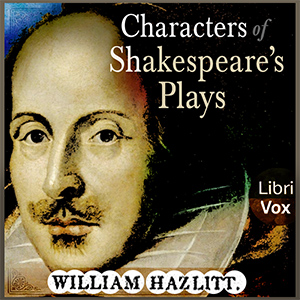
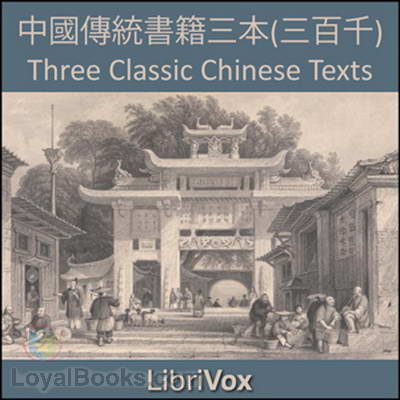
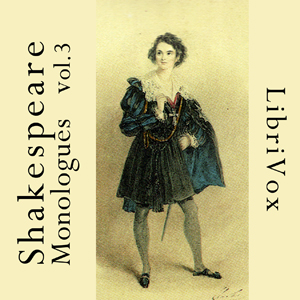
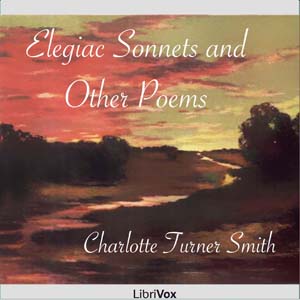
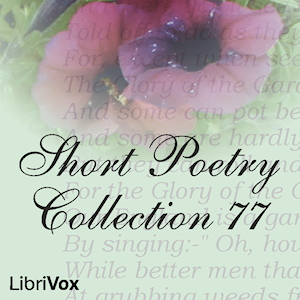

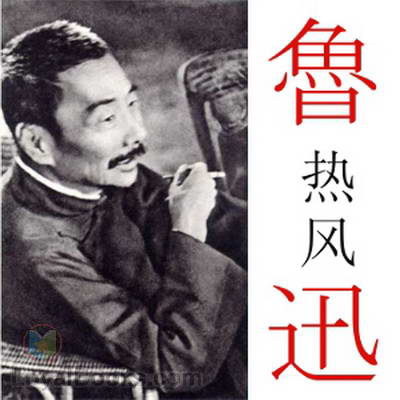
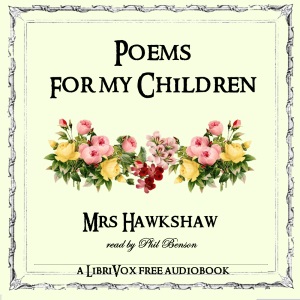
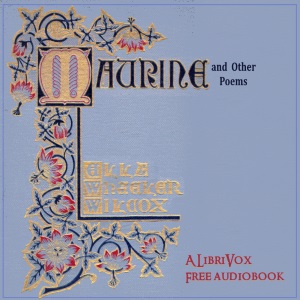
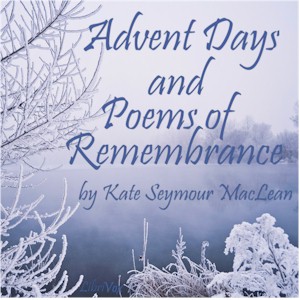
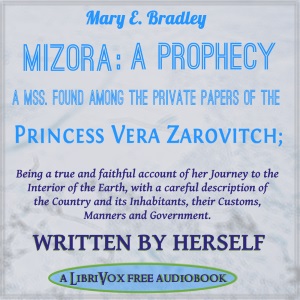
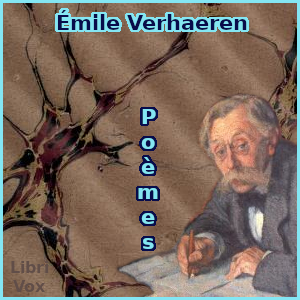

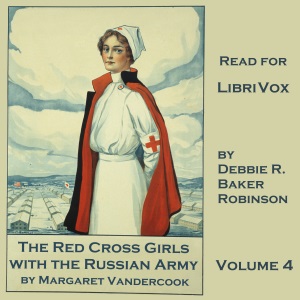
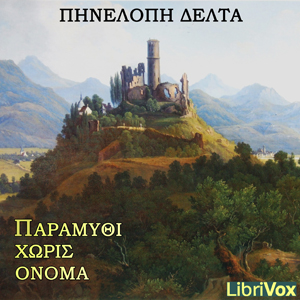
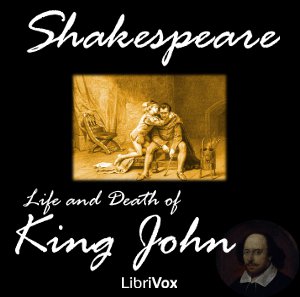
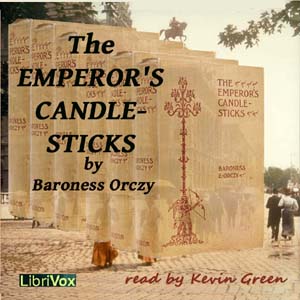
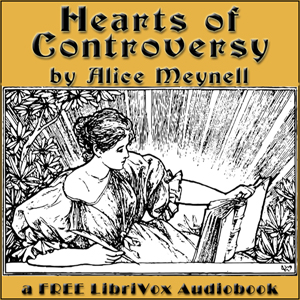

LibriVox’s Short Poetry Collection 019: a collection of 20 public-domain poems. [chương_files]
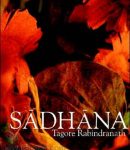
Rabindranath Tagore was a Bengali poet, philosopher, visual artist, playwright, composer, and novelist whose work reshaped Bengali literature and music in the late 19th and early 20th centuries. He became Asia’s first Nobel laureate when he won the 1913 Nobel Prize in Literature. Sadhana is a collection of essays, most of which he gave before the Harvard University, describing Indian beliefs, philosophy and culture from different viewpoints, often making comparison with Western thought and culture. [chương_files]
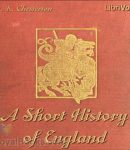
Gilbert Keith Chesterton was a prolific writer on many topics. His views of history were always from the standpoint of men and their interactions, and it may fairly be said he saw all of history as a battle between civilization and barbarism. So it has always been, and that remains true even today. “But it is especially in the matter of the Middle Ages that the popular histories trample upon the popular traditions. In this respect there is an almost comic contrast between the general information provided about England in the last two or three centuries, in which its present industrial system was being built up, and the general information given about the preceding centuries, which we call broadly mediaeval. “ As this quotation taken from the Introduction clearly shows, he is no mere pedant reciting dry dates and locations, but a profound thinker flooding new light onto those modern “myths” that have filled our historys. He is a master of paradox, and the techique of reducing his opponents arguments to the logical absurdity they have inherent in them. He often turns them upside down. All of which makes his work both a sound subject for reflection and highly entertaining all the while it remains permanently timely. [chương_files]
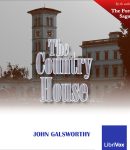
In “The Country House”, John Galsworthy explores many of the themes he would later expand upon in his better known, nine-novel, “The Forsyth Saga”. This is a novel of English society as 1900 approaches. A divorce is being threatened in the Pendyce family, whose members are of the landed gentry. Such an event would be an enormous scandal. There is little action. The story paints, in exquisite language, the feelings of each of the six or so main characters. These feelings concern the necessity for family honor and the horror of scandal; the stifling effect of the social mores of the time; the ridiculous complications of the law; and, the threat of the many changes in the social order which seem to be coming. Galsworthy was himself of this privileged class. While he was extremely critical of the social structure of the time, he shows sympathy for those caught in it. Each is constrained to his or her niche; only by major changes in the social code will that be changed. Gaslworthy was very much a social activist in life, as well as on the printed page. He was quite successful in showing the reader how it must have felt to live in one of those social niches. (Summary by BobR) [chương_files]
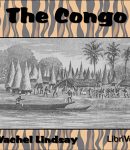
The Congo is one of the best-known poems by American poet Vachel Lindsay (1879-1931). It was revolutionary in its use of sounds and rhythms — as sounds and rhythms — and includes elaborate annotations to guide its spoken performance. Lindsay categorized The Congo as “higher Vaudeville” and was famous for his exuberant performances of it. The poem’s imagery is racist, but Lindsay was a product of his time — born 14 years after the end of the American Civil War in Abraham Lincoln’s hometown, he revered Lincoln and viewed himself as a friend and supporter of African-American culture. (Summary by Kathy Thile) [chương_files]
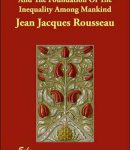
This work presents Rousseau’s belief in the profoundly transformational effects of the development of civilization on human nature, which Rousseau claims other political philosophers had failed to grasp. Specifically, before the onset of civilization, according to Rousseau, natural man lived a contented, solitary life, naturally good and happy. It is only with the onset of civilization, Rousseau claims, that humans become social beings, and, concomitant with their civilization, natural man becomes corrupted with the social vices of pride, vanity, greed and servility. [chương_files]
In 1895, Oscar Wilde was sentenced to 2 years of hard labor for acts of ‘gross indecency’. During his time at Reading Gaol, he witnessed a rare hanging, and in the three years between his release and his untimely death in 1900, was inspired to write the following poem, a meditation on the death penalty and the importance of forgiveness, even for (and especially for) something as heinous as murdering one’s spouse; for even the murderer, Wilde argues, is human and suffers more so for being the cause of his own pain, for ‘having killed the thing he loved’; for everyone is the cause of someone else’s suffering and suffers at the hands of another. It is this that Jesus Christ could see; he could continue to see the beauty of our humanity, despite all that we may do to each other, and encouraged us to love each other just the same “The Ballad of Reading Gaol” was published in 1898 and would gain Wilde greater recognition as a poet (in addition to being a great playwright); although his only other volume of poetry, one of his earliest works that he’d published, was also well-received. Sadly, ‘The Ballad’ would be his last. (Summary by Linda Leu). [chương_files]

Carl Sandburg’s collection of 103 poems that earned a Pulitzer Prize Special Letters Award in 1919. [chương_files]
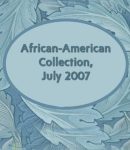
This collection recognizes Black History Month, February 2007. Two excellent resources for public domain African American writing are African American Writers (Bookshelf) and The Book of American Negro Poetry, edited by James Weldon Johnson. Johnson’s collection inspired the Harlem Renaissance generation to establish a firm African-American literary tradition in the United States. [chương_files]
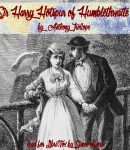
Sir Harry Hotspur’s only son and heir dies young which means that the title goes to a cousin, George Hotspur. Sir Harry wants the ancestral property to go to his daughter, Emily, and hopes that a future husband will adopt the family name. George is a charmer but also a spendthrift and a gambler. He sets out to win Emily in order to save himself from bankruptcy – and succeeds, despite Emily knowing he is really unworthy. She is convinced she can save him but has also promised she will not marry without her father’s consent – which of course Sir Harry refuses to give. The book follows their story. (Summary by Simon Evers) [chương_files]
Copyright © 2024 | FreeAudible